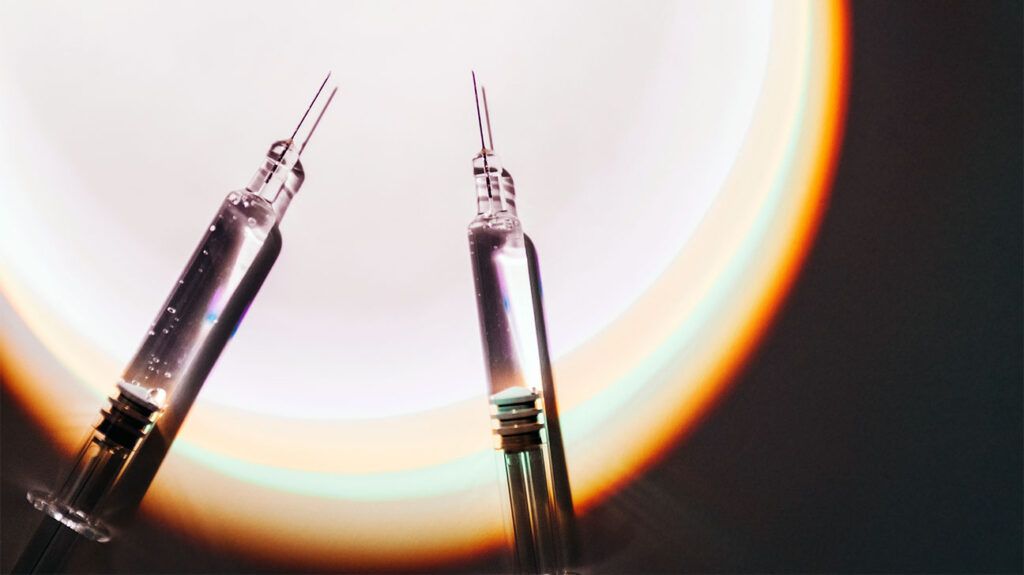Understanding Breast Cancer Risks and Outcomes in Aboriginal and Torres Strait Islander Women

This article explores the disparities in breast cancer incidence, diagnosis, and survival outcomes among Aboriginal and Torres Strait Islander women, emphasizing the need for culturally safe healthcare and targeted interventions.
Researchers have dedicated efforts to better understand why Aboriginal and Torres Strait Islander women (hereafter referred to as Aboriginal women) often experience poorer breast cancer outcomes compared to non-Aboriginal women. This investigation was co-designed with the Aboriginal community to ensure cultural appropriateness and relevance.
The study analyzed data from the Victorian Cancer Registry (VCR), encompassing 395 Aboriginal women and over 57,000 non-Aboriginal women diagnosed with breast cancer between 2008 and 2021. Findings revealed that Aboriginal women tend to be diagnosed at a younger age, with a median age of 56 compared to 61 for non-Aboriginal women. They were also more likely to be diagnosed with advanced disease stages and reside in socioeconomically disadvantaged areas, often outside of greater Melbourne.
Importantly, the study identified a 27% higher risk of mortality from all causes among Aboriginal women after adjusting for age, indicating disparities in survival outcomes. These results highlight critical inequalities in access to timely diagnosis, treatment, and healthcare support.
Further, the research included analysis of immune responses in early-stage breast cancer tissue samples from Western Australian Aboriginal women. It was observed that the level of stromal Tumor-Infiltrating Lymphocytes (sTILs), which are immune cells involved in combating tumors, was significantly reduced in cancers from Aboriginal women, particularly in hormone-receptor-positive and triple-negative subtypes. This suggests potential differences in tumor immunology, which may influence treatment responses.
The study underscores the vital need for culturally safe healthcare services and targeted strategies to address social and economic barriers. It calls for continued research led by and with Aboriginal communities to improve breast cancer outcomes.
Breast cancer remains the most common cancer among women in Australia, with around 21,000 new cases expected in 2025. Addressing disparities faced by Aboriginal women is essential to ensure equitable healthcare and better survival rates.
This research was published in Cancer Epidemiology, Biomarkers & Prevention, authored by Dr. Alice Bergin and colleagues from multiple institutions including Peter MacCallum Cancer Centre, University of Western Australia, and University of Queensland.
Source: https://medicalxpress.com/news/2025-05-aboriginal-torres-strait-islander-women.html
Stay Updated with Mia's Feed
Get the latest health & wellness insights delivered straight to your inbox.
Related Articles
Experimental Injectable Drug Shows Promise in Treating Aggressive Breast and Skin Cancers
A new injectable immunotherapy drug shows promising results in shrinking aggressive breast and skin cancer tumors, marking a significant step forward in cancer treatment research.
Innovative Nanopore Sequencing Assay Enhances Screening for Fragile X Syndrome Carriers
A new nanopore sequencing assay offers a faster, more accurate, and cost-effective method for screening carriers of fragile X syndrome, promising improved genetic counseling and early diagnosis worldwide.
High Prevalence of Diaper Insecurity in Urban Pediatric Populations
A new study finds that 41% of children in urban health centers experience diaper insecurity, highlighting links to social determinants and health outcomes.



